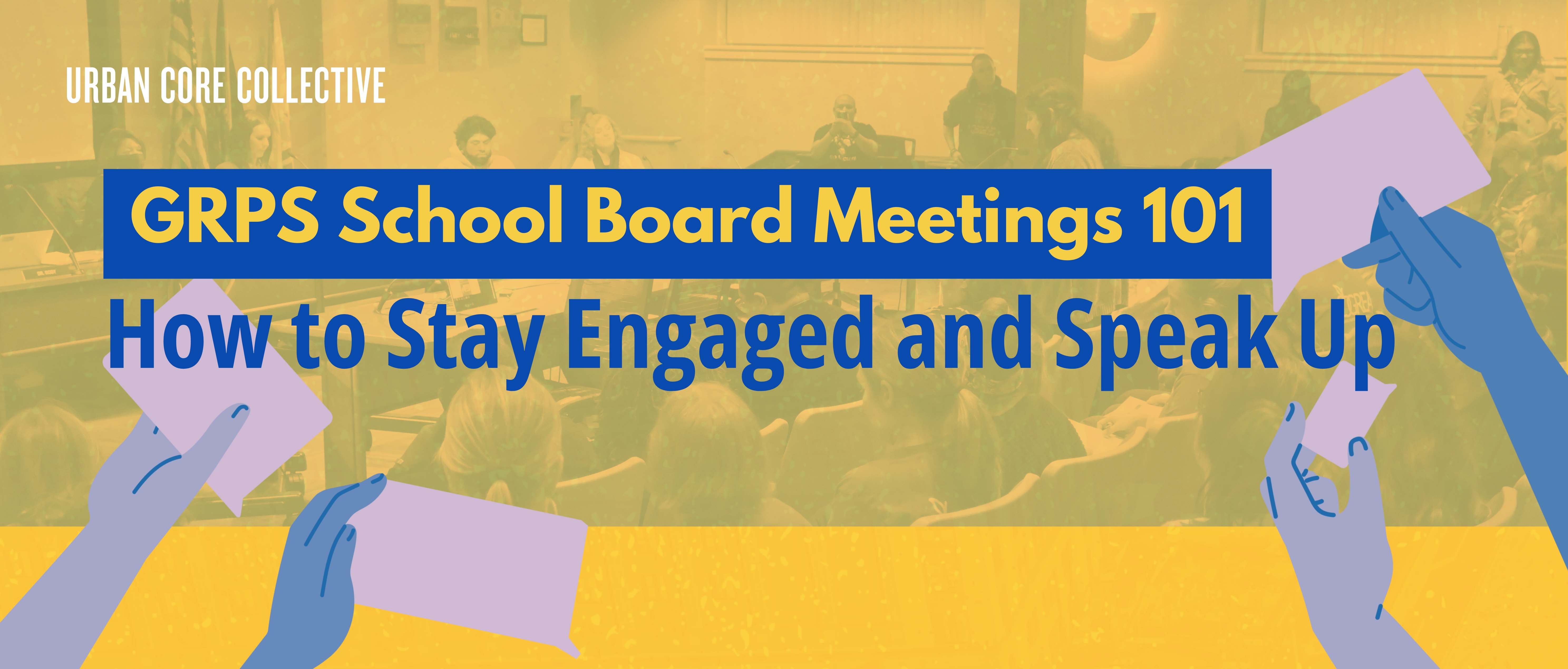A little over 25 years ago, Josie Guillen turned 18 and voted for the first time. Going to the polls wasn’t new to her. Before turning 18, she had been tagging along with her mother during every election.
“I remember my mom didn’t know how to read or write in English, so every election I would go with her, translate the ballot for her and help her mark the candidates she wanted to support,” she explains. Back then, she says, ballots weren’t translated and there weren’t any election poll workers who spoke Spanish, so the only solution was tagging along with her mom.
“I remember walking in with my mom to Jefferson School to vote and noticing that we were the only Brown people there or anybody that could speak Spanish,” she says.
From a young age Josie was taught that voting was a privilege and a way to stand up for change. Even though voting for her looks very different these days, Josie never forgets to cast her ballot in every election.
Over the last six years, Josie has been working as a poll worker—also called an Election Inspector in Michigan—during every election. Most recently she has been assigned to the polling place located at Dickinson Cultural Center (Grand Rapids Public School) on the southeast side of Grand Rapids a mere few blocks where her and her mom used to go to vote.
“As a poll worker I get to ensure every person who walks into the polling booth is able to vote with as few barriers as possible,” Josie explains.
For Josie, this means ensuring that she is always available to translate for any Spanish speaking person who may need it.
Being a poll worker is a big responsibility and one that she doesn’t take lightly. “I don’t take it lightly because it means that it's up to me to make sure others can exercise their right to vote. For me it means creating a welcoming environment so that someone who may not know how to read or is deaf faces no barriers in voting,” she shares.
She says there is still work to do when it comes to accessibility at the poll booth.
“Although we usually have a Spanish speaker on sight to help those who speak Spanish, we don’t have other languages represented at the booth and not every booth has a wheel chair to help those who may have a hard time standing up during the entire time they are voting,” Josie adds.
One thing, Josie says, has helped make voting more accessible to elders and to those who may not be able to make it to the polling booth on election day because of work or other familial responsibilities: no reason absentee voting.
In November of 2018, voters in Michigan approved a wide-ranging constitutional amendment that allows people to register and vote on the day of an election and to request absentee ballots without having to give a reason.
As an election worker, Josie is usually tasked with checking IDs and making sure those who are coming in to vote are at the right polling place. “I also help people who come in without an ID have the opportunity to exercise their right to vote. IDs aren’t required to vote and it's my job as an election worker to ensure people who don't have these also get to vote,” she explains.
In Michigan, voters without an ID are able to vote like any other voter by signing an affidavit.
“Everyone who is a U.S. citizen should be able to vote without any problems and it's my job as a poll worker to ensure that happens. I know my vote matters and I vote to make change happen, and everyone who is a U.S. citizen deserves to be able to exercise their right to vote as well,” she explains.
It is no surprise that even at her age Josie is intentional about making sure others are able to exercise their right to vote. Before retiring, Josie used to work at Grand Rapids Public Schools as a community liaison. She says she used her connections in the community to advocate for children of color and for families who weren’t aware of the resources available to them.
“I was involved with parent groups and trying to get the right opportunities for parents.”
Even though Josie no longer works as an advocate in the schools, her desire to help others drives her to this day to minimize barriers for others at the poll booths during every election.
To find out if you, too, can help your community as an election worker, please visit the following site for more information about eligibility requirements. Election workers are compensated financially for the time they spend at the polls during election days.
Written by Michelle Jokisch Polo
Photo by ACT PhotoMedia
*Editor's Note: In a previous version of this blog entry we stated that before the passage of proposal two, elders and elections workers were not able to vote absentee, when in fact all those over the age of 60 and election workers could obtain an absentee ballot at any point in time.




.png)

